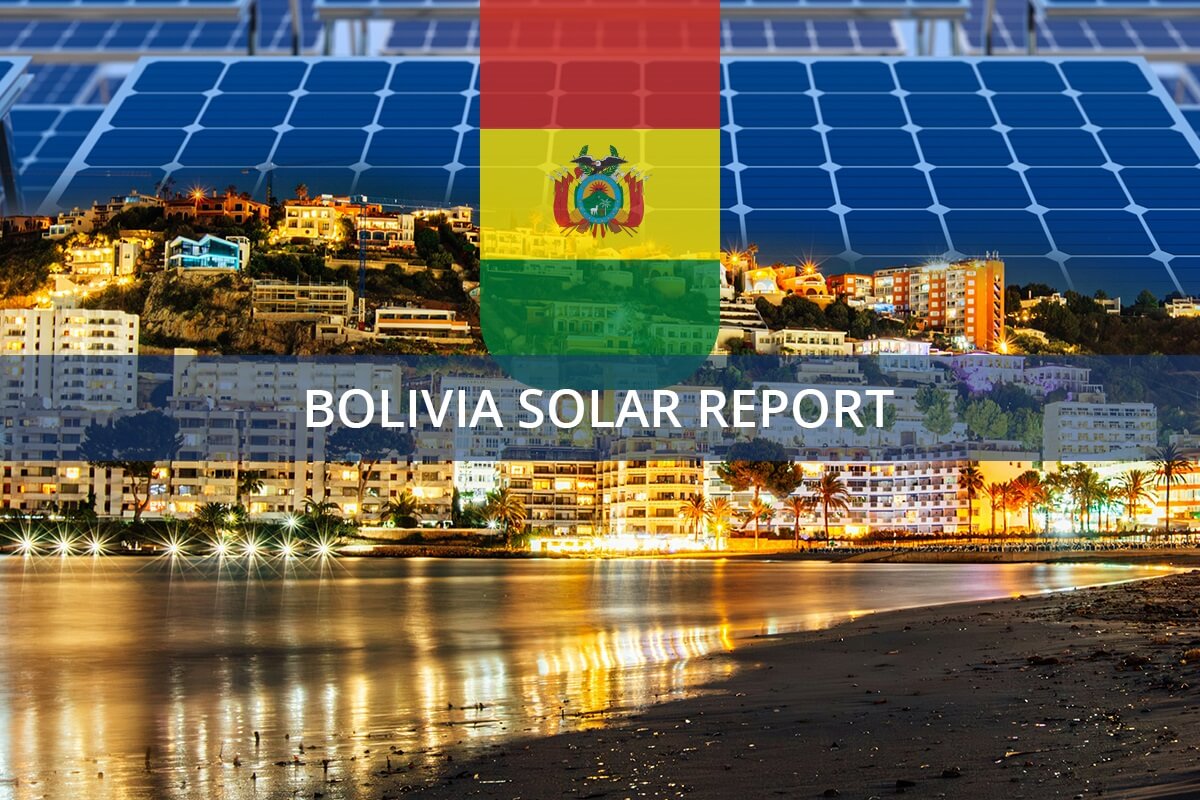Bolivia solar project: Major $325 Million Solar Electrification Initiative
Bolivia has embarked on a transformative $325 million solar electrification project aimed at bringing renewable energy to its rural communities. This ambitious initiative is set to deliver stable electricity to more than 25,000 households, 500 educational units, and 50 health centers across the nation, marking a significant step forward in Bolivia’s energy strategy.
Bolivia solar project Details and Key Features
This groundbreaking project, the largest in Bolivia’s history, is managed by the Ministry of Hydrocarbons and Energy. It seeks to broaden the national electricity grid and install solar systems in rural regions currently without electricity access. President Arce highlighted the project’s importance, stating, “This project will ensure stable electricity for more than 25,000 homes, 500 educational units, and 50 health centers across the country.” The initiative will primarily focus on the departments of La Paz, Pando, Beni, Oruro, Cochabamba, Chuquisaca, Tarija, and Santa Cruz.
For more insights, visit Bolivia solar project Secures $325 Million for Stunning Electrification.
Funding and Support for the Bolivia solar project
The solar electrification project is financed through a blend of international loans and local resources. Bolivia’s government has secured funding from the French Development Agency (AFD) and the German Development Bank (KFW), with additional contributions from the Bolivian treasury. The Ministry of Hydrocarbons and Energy will oversee the project’s execution to ensure timely and effective completion, bringing much-needed electricity to the rural areas within a few years.
Discover more about the project’s future prospects at Bolivia solar electrification: $325 Million Investment for 20,000.
Economic and Social Benefits of the Bolivia solar project
The solar electrification project is poised to significantly impact Bolivia’s economy. By introducing electricity to rural areas, it will boost agricultural productivity, improve educational facilities, and enhance healthcare services. Access to electricity will also create new economic opportunities for small businesses and entrepreneurs. Moreover, the project will generate jobs in the renewable energy sector, requiring skilled workers for the construction and maintenance of solar systems, thus providing local employment opportunities.
Environmental Impact of the Bolivia solar project
This project is in line with Bolivia’s commitment to environmental sustainability. By utilizing renewable energy sources, the country aims to reduce its dependence on fossil fuels and lower its carbon footprint. The solar electrification initiative is part of Bolivia’s broader strategy to promote clean energy and combat climate change. It will also contribute to the preservation of Bolivia’s natural resources by decreasing the need for traditional energy sources, thereby protecting forests and waterways from the detrimental effects of fossil fuel extraction.
Challenges and Opportunities in the Bolivia solar project
While this project is an essential advancement, it comes with challenges. Electrifying remote areas requires meticulous planning and coordination. The Ministry of Hydrocarbons and Energy must collaborate closely with local communities to ensure the project’s success and relevance to their needs. Despite these challenges, the opportunities presented by this solar electrification endeavor are substantial. It has the potential to revolutionize rural communities, providing them with vital resources for growth and development. By investing in renewable energy, Bolivia is paving the way for a more sustainable and prosperous future.

